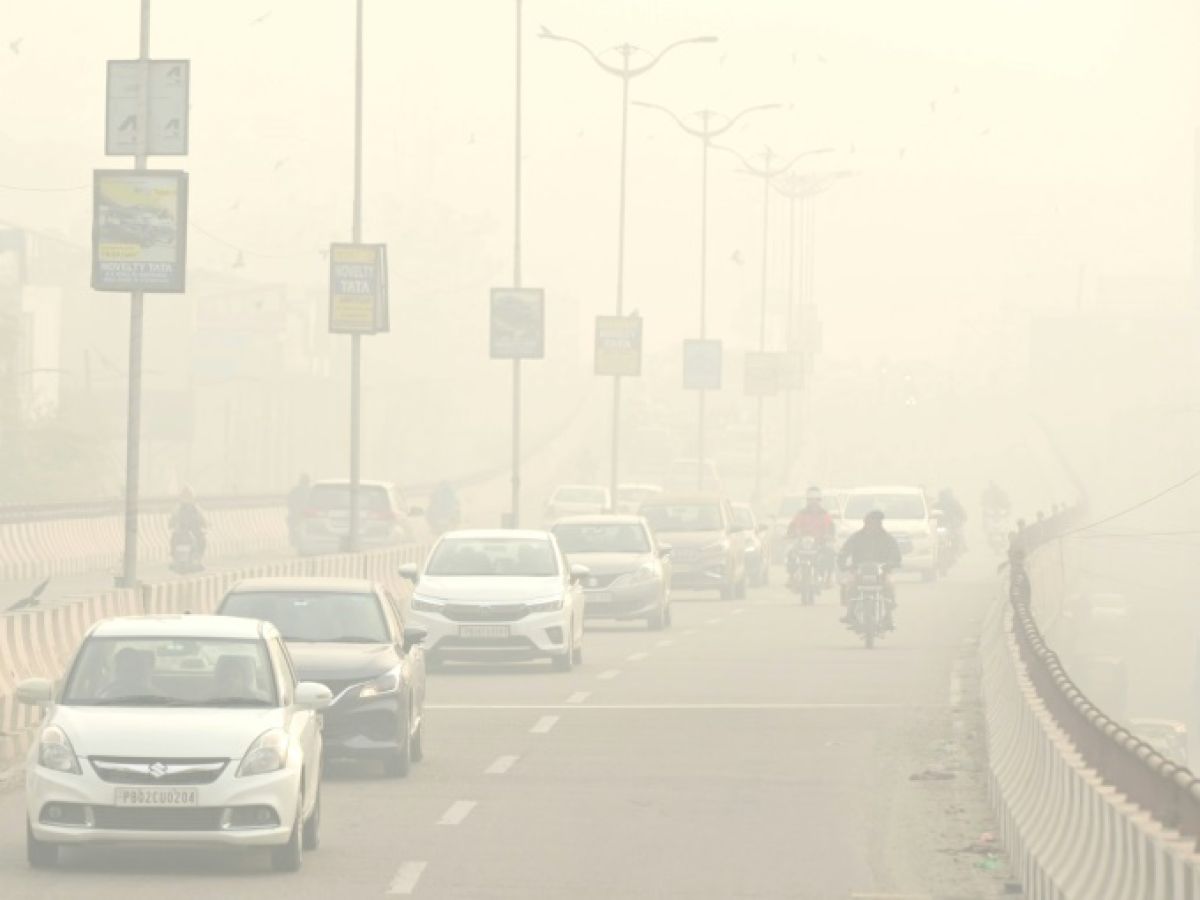Air pollution from fine particles is responsible for about 71.3% of deaths in 10 major Indian cities, a study published Thursday estimated, stressing that mortality remains high even among relatively unpolluted metropolises.
"Our results, which are based on data from 2008 to 2019 in major Indian cities, show that approximately 7% of deaths (are) attributable to daily exposure to PM2.5 particles," generally referred to as fine particles, summarizes in a press release Jeroen de Bont, one of the main authors of the study published in the Lancet Planetary Health.
The researchers looked at ten major Indian cities: Ahmedabad, Bangalore, Benares, Bombay, Calcutta, Delhi, Hyderabad, Madras, Pune and Shimla.
They examined how the number of deaths correlated with the amount of fine particles observed in each of these cities, using models that can distinguish between different sources of air pollution such as transport or the burning of waste.
As a pollution threshold, they retain the definition of the World Health Organization (WHO) which states that 15 micrograms of PM2.5 per cubic meter should not be exceeded.
In total, they estimate that 7.21% of deaths over the period studied, or around 33,000, were linked to exposure to fine particles.
The issue is crucial in India, one of the countries most exposed to pollution from these particles which promote a series of pathologies ranging from strokes to lung cancer.
Notably, deaths linked to these particles already appear high in the least polluted cities on the list, such as Bombay and Calcutta.
But while the Indian authorities are setting targets for improving air quality, they are using a much higher threshold than that of the WHO: 60 micrograms per cubic metre.
"By lowering (these) thresholds and enforcing them, we could save tens of thousands of lives per year," estimates Joel Schwartz, another author of the study.

